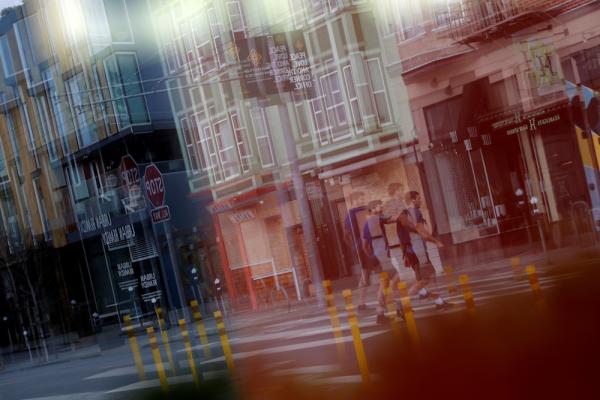Mar 26, 2020
In this moment, Chinese and Asian American communities are facing the double stress of having to reckon with the racism and xenophobia they encounter, compounded with having to deal with the virus outbreak itself.
Read the Full Article

Already a subscriber? Login
